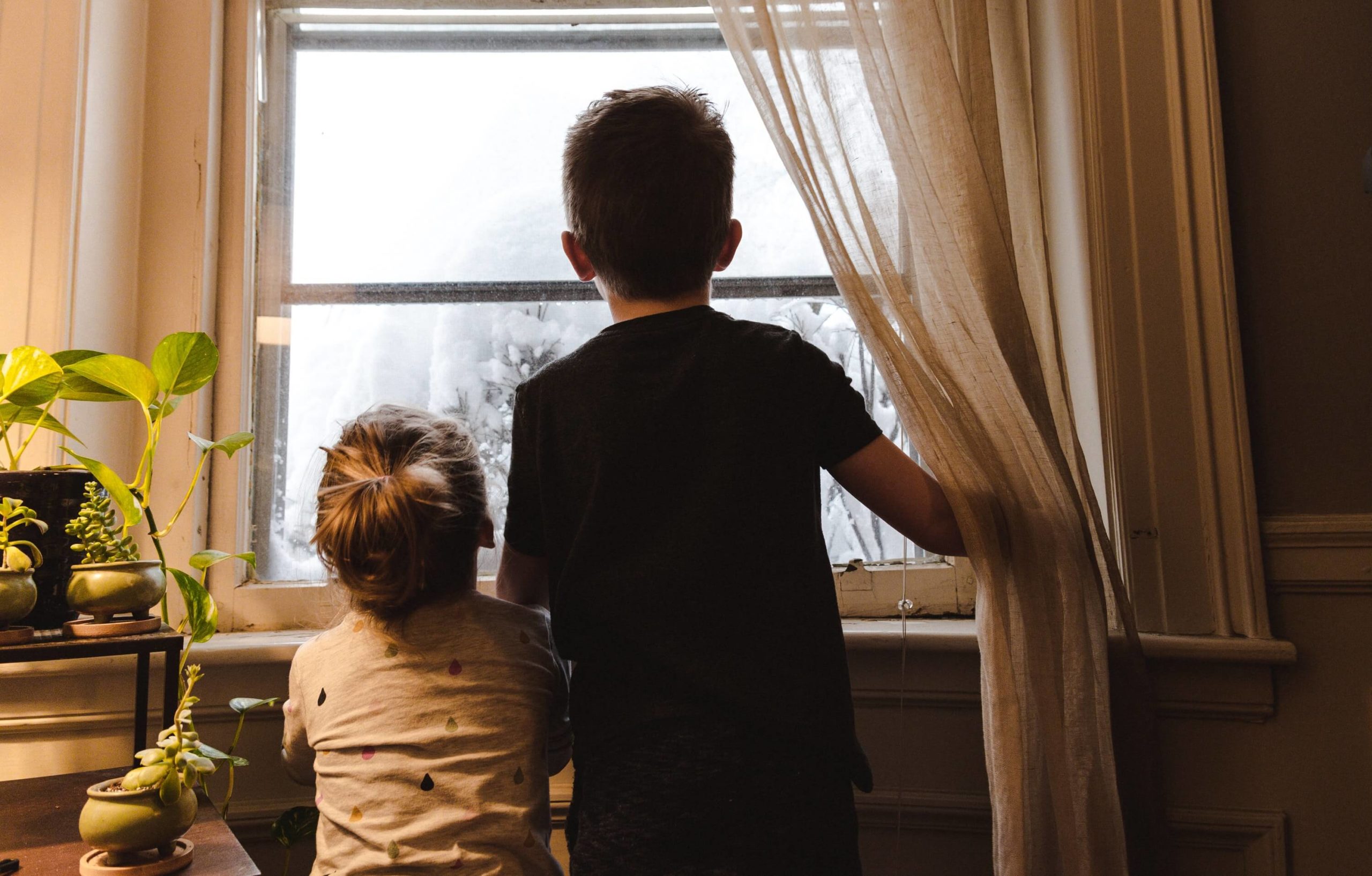Weekly median house leases have risen in Australia recently and tenants are questioning why their rents are so high. There are several factors that play into rising rental costs.
Below, we’ll cover the key factors that are driving rental prices up, what this means for renters and how you can navigate this.
1. Vacancy rates drop and the market tightens further
The national vacancy rate fell to its all-time lowest point at 0.9% as of July 2022.
While regional areas across the country have remained the tightest over the last 12 months, capital cities are now tightening month on month, now sitting at a combined vacancy rate of 1%.
Vacancy rates indicate how many rental properties are leased or vacant. According to SuburbTrends, a normal rental market will show vacancy rates of 2-2.99%. When the market is ‘tightening’, it means that the vacancy rate has dropped between 1-1.99%. As vacancy rates drop to 0.99% and below, this is considered a very low vacancy rate and therefore a very tight rental market. This results in fewer options on the rental market. Just like the selling market, decreased supply and increased demand leads to upwards pressure on prices.
Anthony Webb, CEO of Philip Webb Real Estate, says, “Demand is so high, we’re filling up vacancies with ease in areas that are traditionally harder to fill. Properties are not staying available for long and it’s right across the board, with all types of properties – apartments, family homes, you name it – it’s getting more competitive.”
2. Interest rates on the rise
At the beginning of August, the RBA lifted the official cash rate once again by 50 basis points to 1.85%. This is the fourth consecutive monthly rise in a bid to curb inflation. What does this have to do with interest rates and what does that have to do with rising rents?
Cash rates are determined to keep the national currency stable by managing inflation and responding to unemployment rates as well as economic growth rates. The cash rate, set by the RBA, represents the interest that lenders have to pay on the money they borrow. As banks and lenders transfer money back and forth as a matter of business, they are charged that cash rate on this money.
This cost influences how much the customer, or homeowner, pays in interest on their loans, as the banks pass on that cost. The more interest your landlord has to pay on their mortgage, the more it costs them to keep their rental running, which leads to an increase in weekly rental prices.
3. Rising construction costs are causing a decrease in new home builds.
Discussing the rising rental costs, the Australia Bureau of Statistics explains, “Yet another factor was the drop in the number of homes being built as rising borrowing costs put a dampener on property development. Figures from the Australian Bureau of Statistics this week showed that the number of dwellings being built was down 1.5% in trend terms.”
Data shows that national residential construction costs increased 10% over the 12 months to June 2022. This is the highest annual growth rate except for the introduction of GST.
Australian Property Journal writes that building material prices have risen by at least 40%, with residential projects tipped to rise by 8-10% by 2023.
According to the latest Napier & Blakeley Construction Costs Datacards, it has been challenging past 12 months for developers, builders, suppliers, sub-contractors alike.
“With material costs for timber and steel experiencing general price rises of up to 40% and 50% respectively, with some specific price rises being well above those, all market participants have been struggling to keep ahead of the constant changes, which unfortunately has seen some builders and sub-contractors not survive,” N&B director Craig Smith said.
4. Household formation changes – the kids are moving out and the landlords are selling up!
During 2020-21 Australia saw a dip in rental prices, making moving out of home more affordable and appealing. As younger Australians were able to nab great rental prices in that 12-18 month period, we saw more students and young adults opting to move into share houses or apartments, rather than save money and stay home. This simply means more of those rentals are now off the market, decreasing supply and driving that vacancy rate down even further.
Further to this, changes to taxes and compliance policies across Australia have meant that being a landlord is suddenly much more expensive. This saw many investment property owners opt to sell out while the market was hot, taking long-term rentals off the market and turning them into owner-occupier properties.
Tameka Smith, Director of Key2 Property, explains, “It’s not so much the affordability of rentals that I am seeing as the problem, it’s the supply. There is a housing shortage and landlords have either cashed out in the last couple of years or they are sitting on their money to see what happens with interest rates. I think we are going to see this trend for a while yet and this will put pressure on tenants when leases are up for renewal.”
Anthony says, “A lot of landlords chose to sell during 2021 to take advantage of the strong market. On top of that, many landlords have become quite jaded. Interest rates are rising, as are compliance costs and rates. The only way for these properties to be more than a monthly cost is to sell up or increase the rent.”
He adds, “Depending on what happens with the economy, we might find that the rental market just continues to tighten and raise costs. Typically, people will do whatever they can to hold on to the home they live in. If they find themselves in difficult financial situations, they will sell off the investment rental or the holiday home before they sell off their home. That further decreases the pool of rental properties.”
5. Increase in migration – the borders are opening.
Every year our population grows and usually, we see more and more people immigrating to Australia. Of course, COVID put a stop to that, which helped to temporarily bring down demand and therefore cost of renting during that period. But, with the borders open, demand is back on the rise.
Pete Wargent, Co-Founder of BuyersBuyers explains, “From 2006 to 2020, the average population growth rate in Australia was 1.7%, which today would imply population growth of close to 450,000 per annum”.
“I’m not sure we’ll see that level of growth any time soon, but even a return to 1½% population growth equates to an increase of nearly 400,000 per annum. In turn, creating a huge demand for housing at a time when construction costs are sky high, and stock levels are extremely tight” Mr Wargent said.
What does all of this mean for property owners?
Anthony reminds us that this market isn’t necessarily all negative, “Because rental returns are starting to get better again, we’re seeing investment buyers come back to the market as they are able to buy at a lower cost and still get a really great rental income out of the high prices at the moment.”
What can you do as a renter to navigate this tough market?
Combining these five factors: low vacancy rates, interest rate hikes, construction costs, housing formation changes and increased immigration, we have the perfect formula for a rental market set to keep rising.
So the costs are rising, what can you do about it? We spoke to some of Australia’s experts in the property management space for their advice.
Ashleigh Goodchild – Soco Realty, Perth.
“Tenants are feeling very insecure and vulnerable as they do not have control of the market and what is happening and have no idea if and when it will halt.”
Here’s how you can navigate this situation:
- Negotiate for the long haul. If you are renting and very nervous about the current market conditions it may be worth negotiating rent for a longer lease term, i.e. 2 – 5 years instead. By locking something in and negotiating on the rent in advance, not during any peak and emotional markets. This will give you security while also providing the landlord with a long-term investment plan.
- Be a fair tenant. It needs to be expected that rents will change in different markets. If you don’t agree with an increase, communicate nicely to your property manager and research the market yourself to see if it is considered reasonable.
- Take the property plunge: Finally, don’t just dismiss the option of buying something yourself. Speak to a finance broker and be open to looking at the options of buying your own home and what you would need to save to buy. You might be pleasantly surprised at your options.
Tameka Smith – Director of Key2 Property Launceston
- When there is so little supply they really need to put their best foot forward, be extremely organised when it comes to applications.
- If you are in a tenancy, be really transparent with agents well before leases need to be renewed, talk about affordability, talk about security, perhaps longer leases and staggering increases. Landlords are really reasonable people and of course, want tenants long-term, so being really honest and upfront is such a good thing to do.






